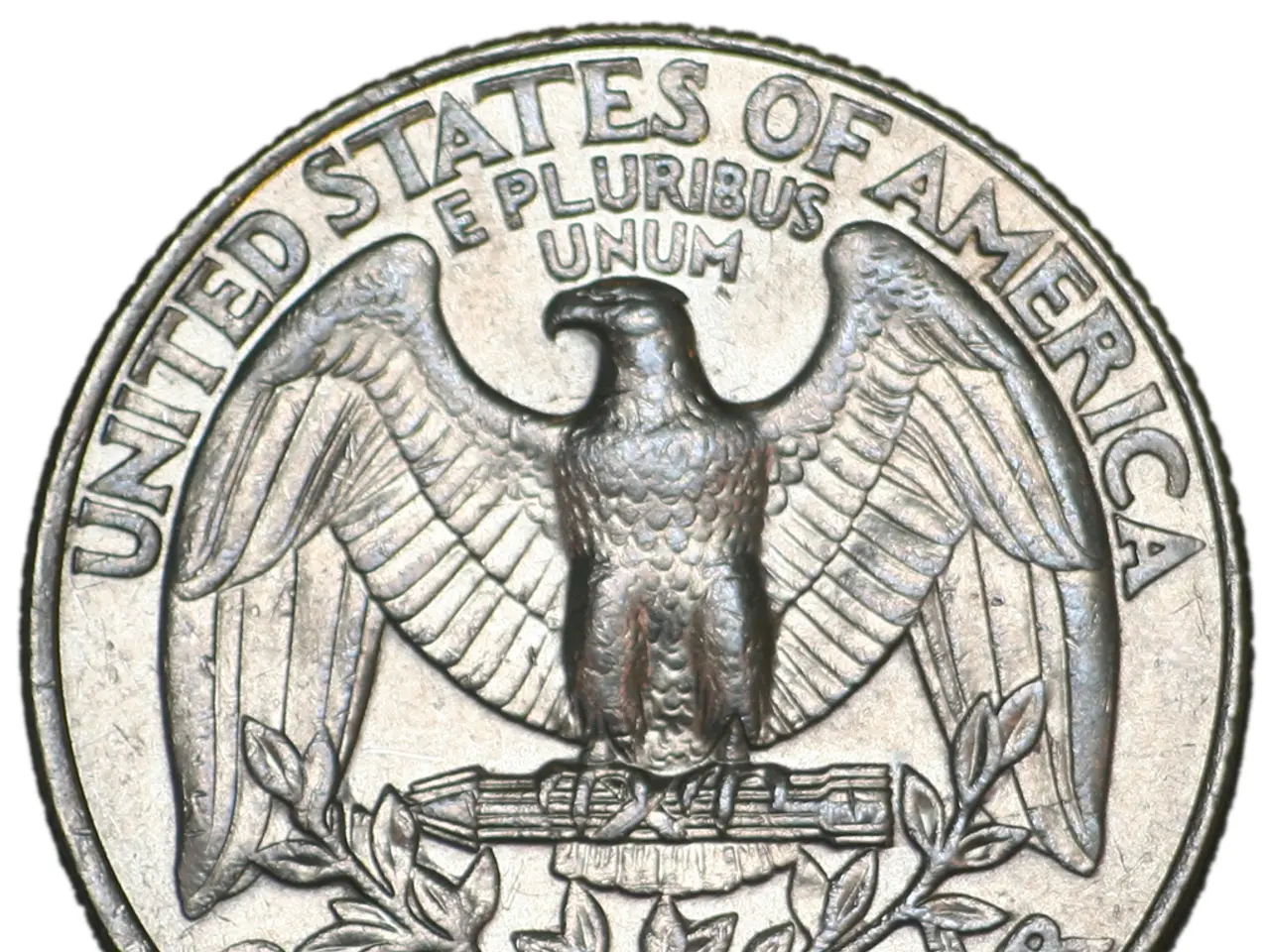Impact of Actuarial Science in Tokenomics and Assessment of Cryptocurrency Value
In the ever-evolving world of cryptocurrencies, traditional valuation and risk assessment approaches have been adapted to cater to the unique characteristics of digital currencies. One such discipline that plays a pivotal role in this realm is actuarial science.
Actuarial science, a field that uses mathematical and statistical methods to assess risk in financial contexts, is being increasingly employed to model uncertainty, evaluate financial risks, and estimate potential losses in the volatile and complex crypto asset class.
The challenges posed by cryptocurrencies, such as high price volatility, limited historical data, and unique market dynamics like decentralization and regulatory uncertainty, are addressed by actuarial methods. These methods, traditionally used to value insurance and financial products by modeling risk and uncertainty, can contribute by developing probabilistic models that account for extreme price movements, tail risks, and systemic exposure in crypto markets.
In terms of risk assessment, actuaries can adapt tools such as stochastic modeling, scenario analysis, and network risk assessment to understand systemic risks in decentralized finance (DeFi) and centralized crypto markets. For example, measuring contagion risk between traditional financial systems and DeFi platforms, as well as smart contract vulnerabilities, aligns with systemic risk analysis in actuarial science.
With increasing regulatory scrutiny and new frameworks like the EU’s MiCA regulation (Markets in Crypto-Assets), actuarial approaches can help quantify compliance risk and capital requirements for firms engaged in crypto custody and trading.
Moreover, actuarial techniques can support valuation through risk-adjusted returns and scenario testing amid crypto market volatility. Case studies demonstrate the importance of thorough analysis in the fast-paced world of cryptocurrencies, such as valuing a new blockchain token, risk assessment in an Initial Coin Offering (ICO), and assessing different cryptocurrencies on a crypto exchange.
Data analytics is indispensable in today's actuarial practice, helping professionals sift through large datasets to identify patterns and trends. Understanding the core principles of actuarial science is essential for evaluating complex systems like crypto assets.
In conclusion, actuarial science serves as a critical analytical discipline to support quantitative valuation, risk modeling, and capital adequacy assessment in the highly uncertain and evolving cryptocurrency domain. This contributes to better-informed investment decisions, risk management, and regulatory compliance. However, the specific methodologies and frameworks are still emerging as the crypto ecosystem matures.
Actuarial science, with its focus on risk assessment and valuation, is being applied to investing in cryptocurrencies, as it can help develop probabilistic models that account for extreme price movements, tail risks, and systemic exposure in the crypto markets. These methods, traditionally used for insurance and financial products, can also help quantify compliance risk and capital requirements for firms engaged in crypto custody and trading with the advent of new regulatory frameworks like the EU’s MiCA regulation.




